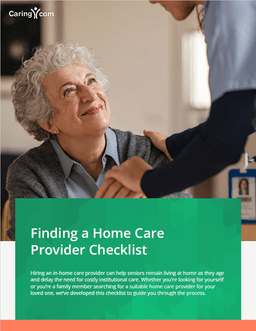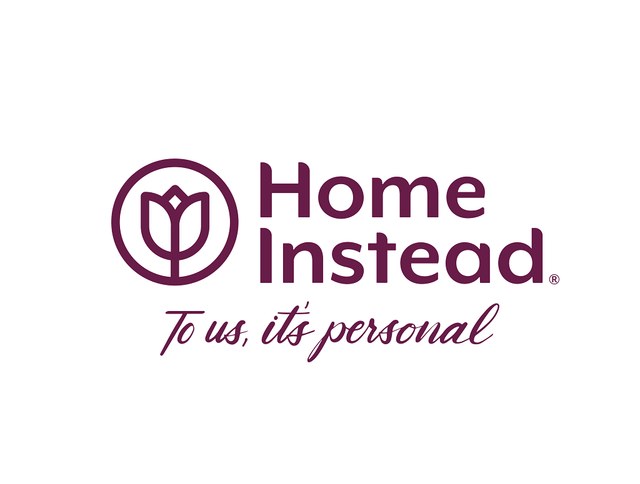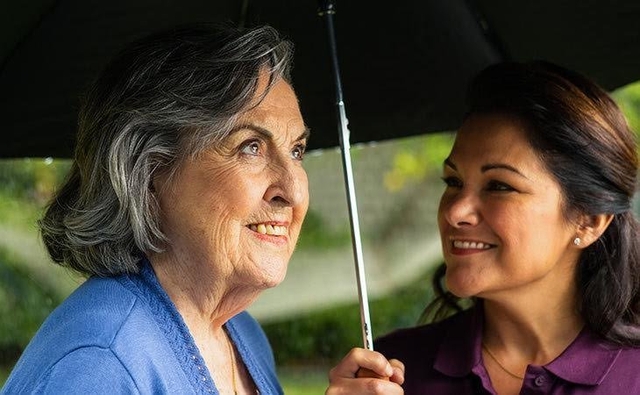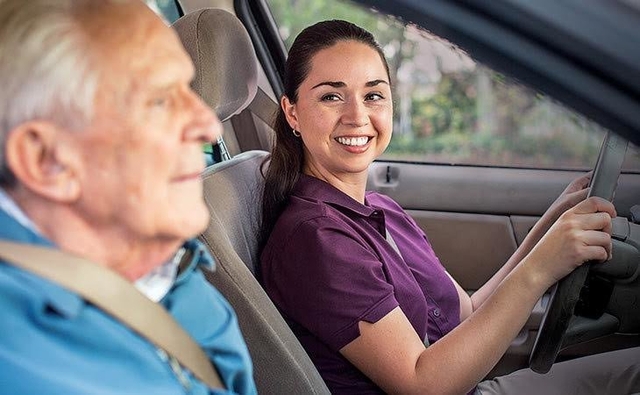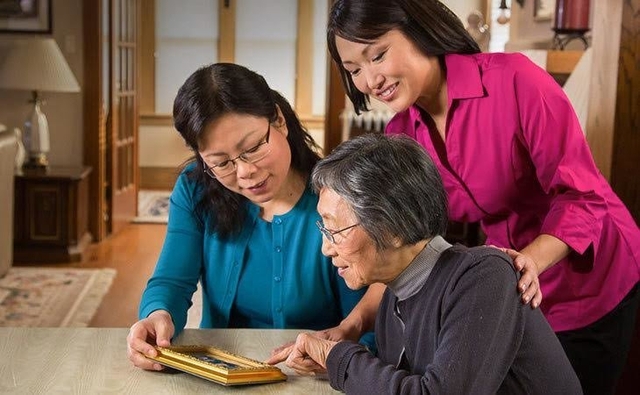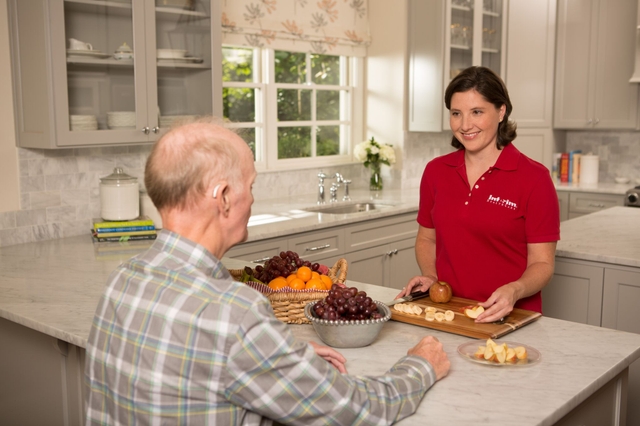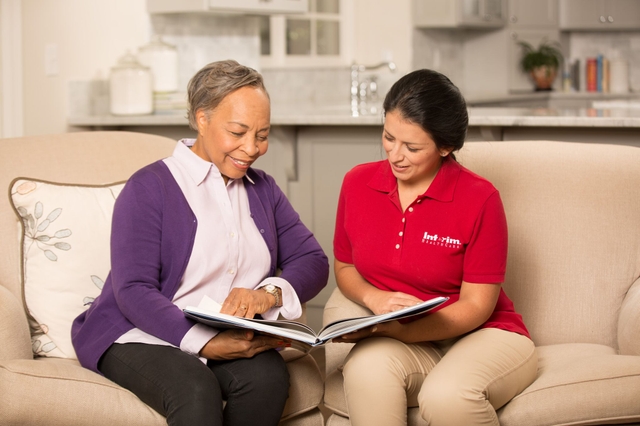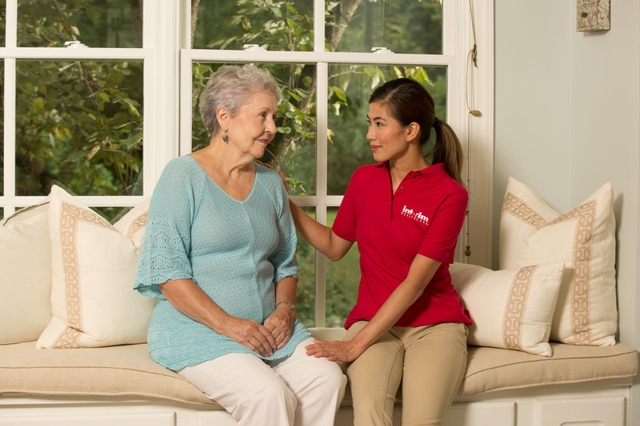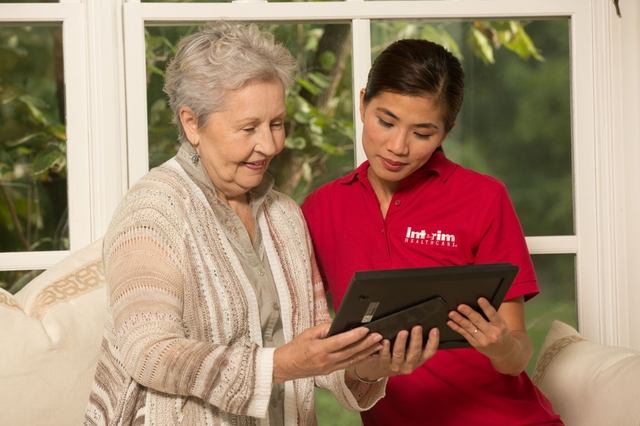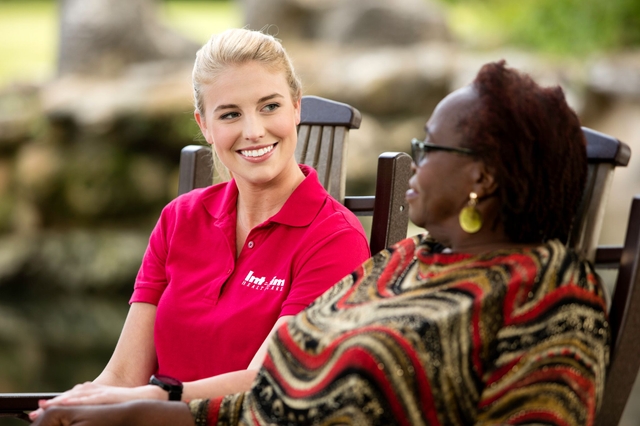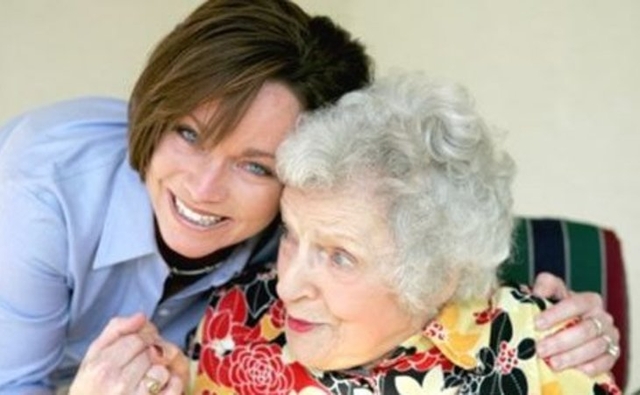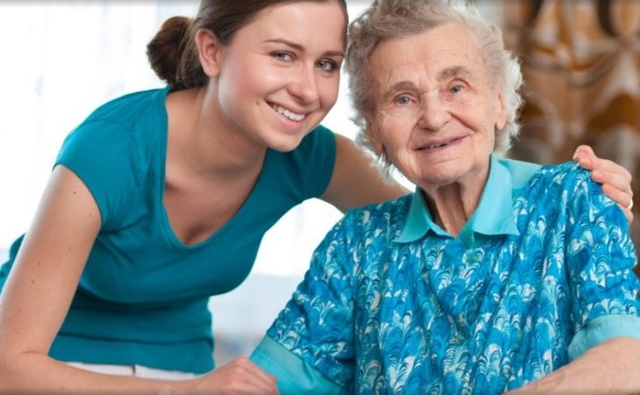Senior Care Act (SCA)
To qualify for benefits under the SCA, Kansas residents must be 60 or older, meet income guidelines and undergo a functional assessment to determine their physical needs. The program covers services that may include respite care, attendant care, homemaker services, chore services and adult day care, but the specific benefits can vary by county. Seniors interested in applying for SCA benefits should contact the Area Agencies on Aging at (855) 200-2372.
Older Americans Act (OAA)
To qualify for OAA benefits, Kansas residents must be at least 60 years old and have a demonstrated need for services. Services provided include in-home care along with nutritional assistance, legal aid, transportation and information on an array of senior services. OAA benefits may be free or require a monetary contribution, depending on the service and the level of need. To apply for OAA services, seniors should contact the Area Agencies on Aging at (855) 200-2372.
